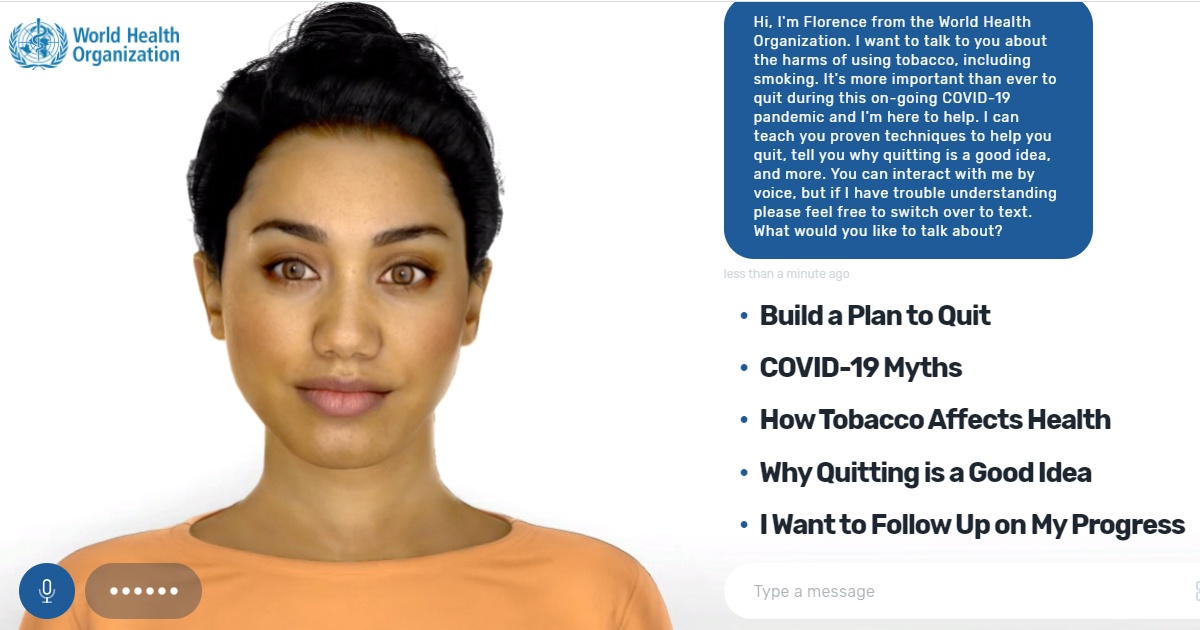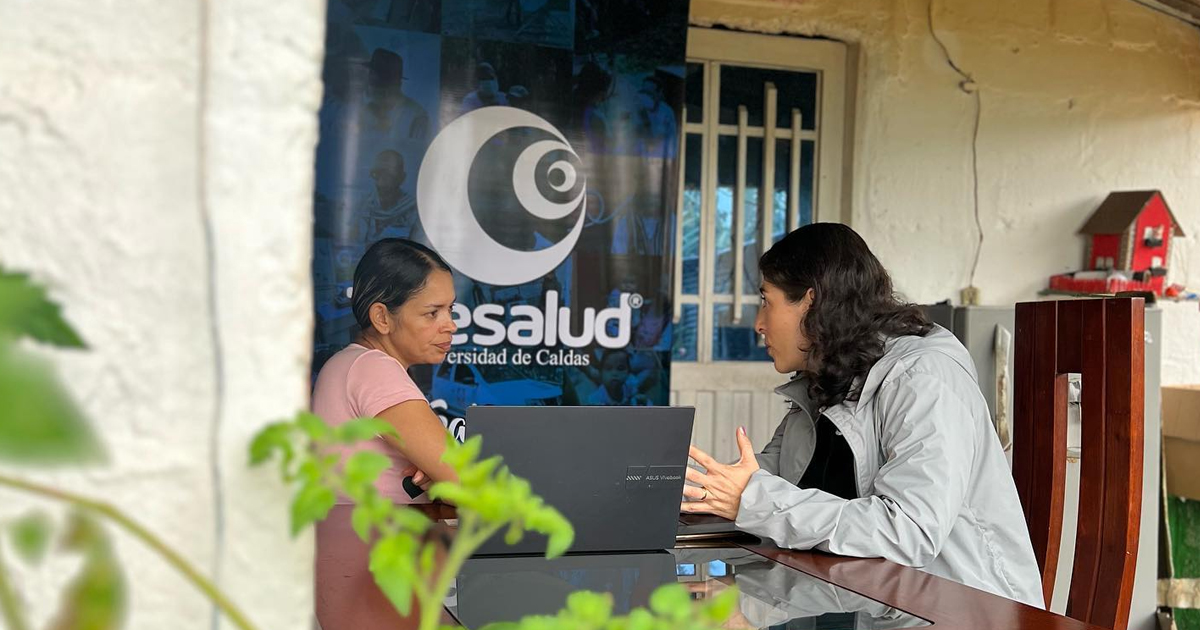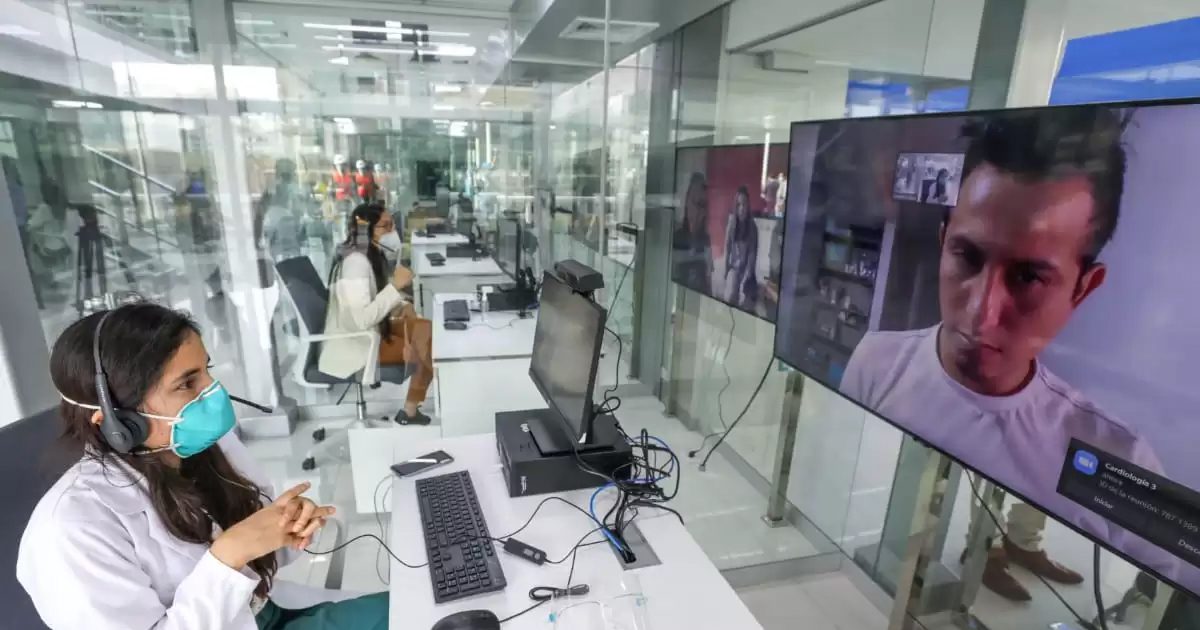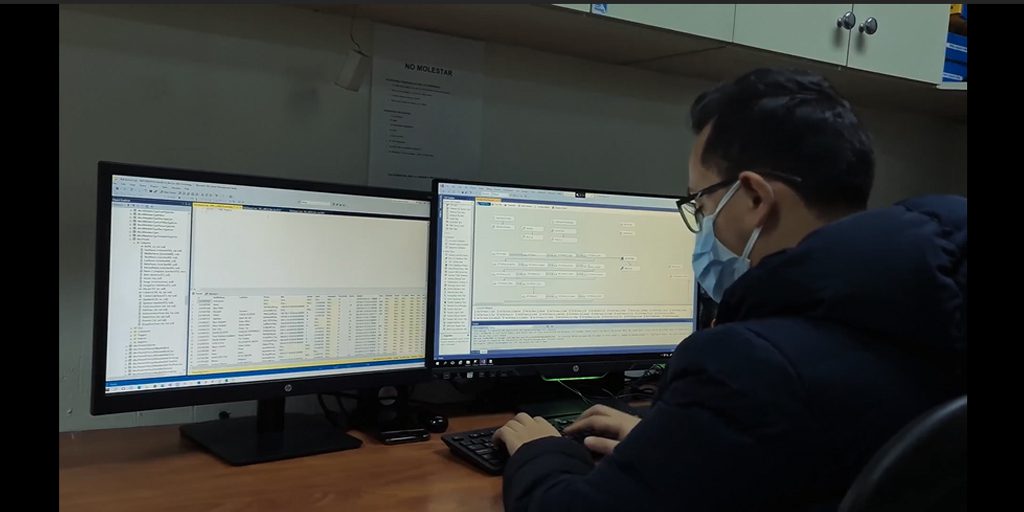A group of physicians from the Salvador Zubirán National Institute of Medical Sciences and Nutrition (INCMNSZ) conducted telemedicine testing for cancer and low-income patients, consultations offered psychological care and palliative care.
INCMNSZ, one of Mexico's largest health institutions, was converted into a COVID-19 hospital on March 20, 2020, when the federal government began the hospital conversion strategy. Patients with active cancer treatments were able to continue their clinical visits and treatments, however, other types of care were discontinued. Previously, this group of researchers found in telemedicine and the use of digital platforms a critical tool to provide clinical services remotely. The strategy was to transform the multidisciplinary palliative care program into a telemedicine program for cancer patients.
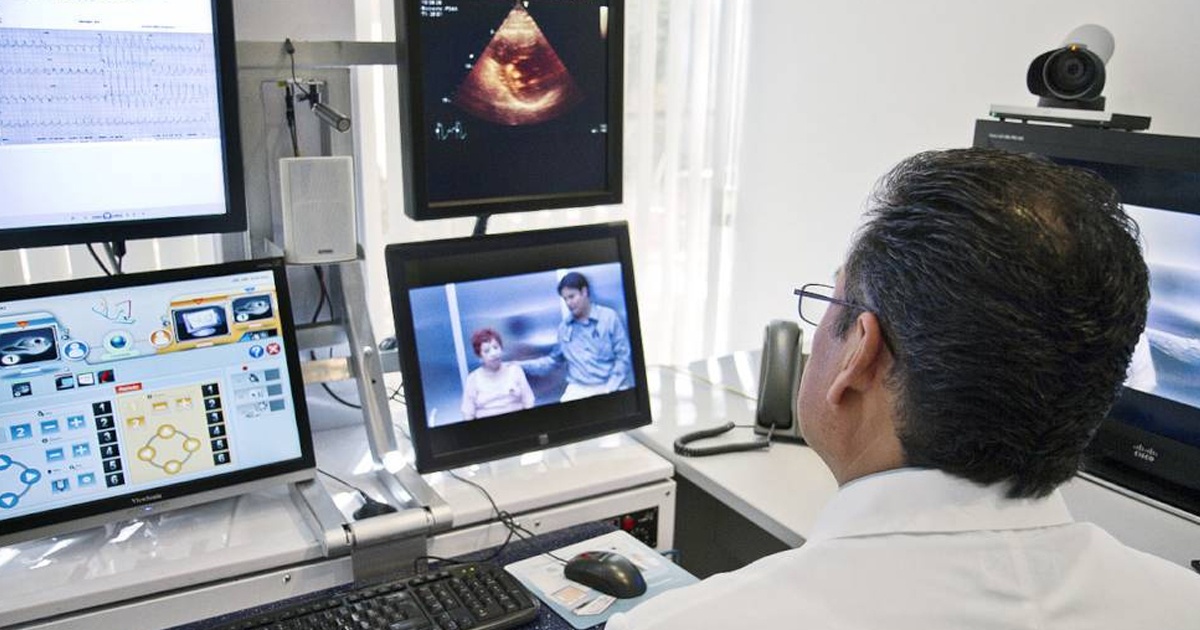
The research group conducted telemedicine tests through video calling consultations for low-income patients. Teleconsulting included psychological care, pain and symptom management, and nutrition care. The results of the research were published in The Oncologist, under the title “Providing Supportive and Palliative Care Using Telemedicine for Patients with Advanced Cancer During the COVID-19 Pandemic in Mexico”, in the article detailing that there were 45 participants with an average age of 68 years, who were given a thousand 563 care through telemedicine. Of these interventions the most common were psychological with 33% and pain and symptom control with 25%.
However, INCMNSZ, implemented since 2018 the palliative care program “Te Acompañamos”, which, until the hospital conversion of the Institute, had treated 337 patients with advanced cancer, so it was taken as the basis for this new project, which led to a rapid advance in distance care.
In general, telemedicine interventions were received positively, despite the barriers encountered. The article suggests that telemedicine may work in Mexico, even though patients must have electronic devices and Internet access, however, more than 90% of Mexicans have a smartphone. This is the case with this study, in which most of the interventions were received by patients through videoconferences by a smartphone.
“Implementing a supportive and palliative care telemedicine program for patients with advanced cancer during theCOVID-19 pandemic is feasible in low- and middle-income countries using readily available resources. Telemedicine rep-resents an excellent method to maintain care continuity for patients with high symptom burden while limiting the risk of contagion for both patients and providers”.
For the full study, follow the link: https://theoncologist.onlinelibrary.wiley.com/doi/epdf/10.1002/onco.13568

